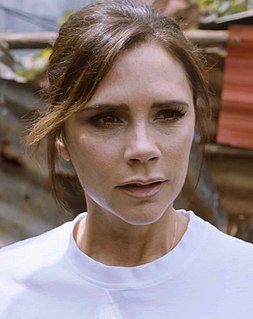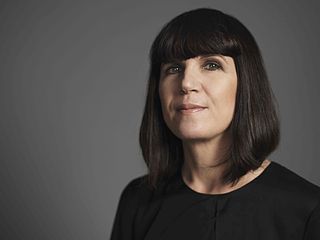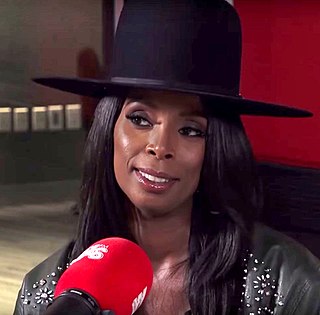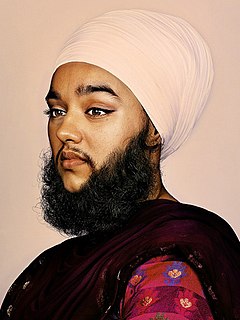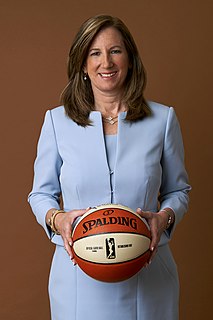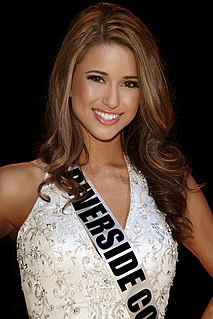A Quote by Leila Janah
I used to think that the worst form of discrimination for women was being hit on or hearing something disparaging. What's even more challenging for young women is a very senior male who will take an interest in you, who see themselves as father figures or mentors.
Related Quotes
The bonding of women that is woman-loving, or Gyn/affection, is very different from male bonding. Male bonding has been the glue of male dominance. It has been based upon recognition of the difference men see between themselves and women, and is a form of the behaviour, masculinity, that creates and maintains male power… Male comradeship/bonding depends upon energy drained from women.
As a young woman working in journalism, I assumed harassment and discrimination came with the territory and that you just had to get on with the job. As I rose to senior positions, it took me awhile to realise that just because I'd survived relatively unscathed didn't mean the younger women joining the profession would do so, and it isn't until you hit a certain age that the reality of ageism - which is much more acute for women - kicks in.
I think a lot of women who are celebrities and who are very beautiful have terrible problems with their men being very controlling. Women allow themselves to be dominated and controlled by men in all sorts of other ways that are very complicated, you know? I don't really see a lot of women engaging in discussions about the struggles and power relations with men and their lives, like their bosses, boyfriends, husbands, coworkers. I don't see that happening very often, whereas I see a lot of misogyny on the internet. I see a lot of hatred towards women and a lot of fear of women.
Women themselves condition their daughters to serve the system of male primacy. If a daughter challenges it, the mother will generally defend the system rather than her daughter. These mothers, victims themselves, have unwittingly become wounded wounders. Women need to attack culture's oppression of women, for there truly is a godlike socializing power that induces women to "buy in" or collude, but we also need to confront our own part in accepting male dominance and take responsibility where appropriate.
I think it's important to present role models for young women coming up. I really do believe you can't be what you can't see, and representation matters. So, for me, it's the idea of putting women in media in ways that present them as having power, being heard, being true to themselves, and done from the perspective of women.
I think there's a part of society that is very for women being confident and being empowered, but I think there's another part of society that feels very threatened by women being powerful. Because of the feminist movement, a lot of women are feeling way more empowered to be themselves and do what they want to do in life.
I joined a very male-dominated profession back in 1986. I wanted to work with big multinational Fortune 500 companies, but you don't come into the firm and automatically get those. So, quite frankly, a key to my success was that I found male mentors and male sponsors. I think some women are afraid to say that.
I specially want to have young women not to wait as I did until my children were grown, but young women to come in to gain their seniority so they could be respected leaders at a much earlier age. It's important for all women to see young women who share their experience whether it's as a working mom with young children, who understands the struggle and the aspirations of young women in a similar situation. And if they don't have family and they're pursuing their career women should see that as well.



